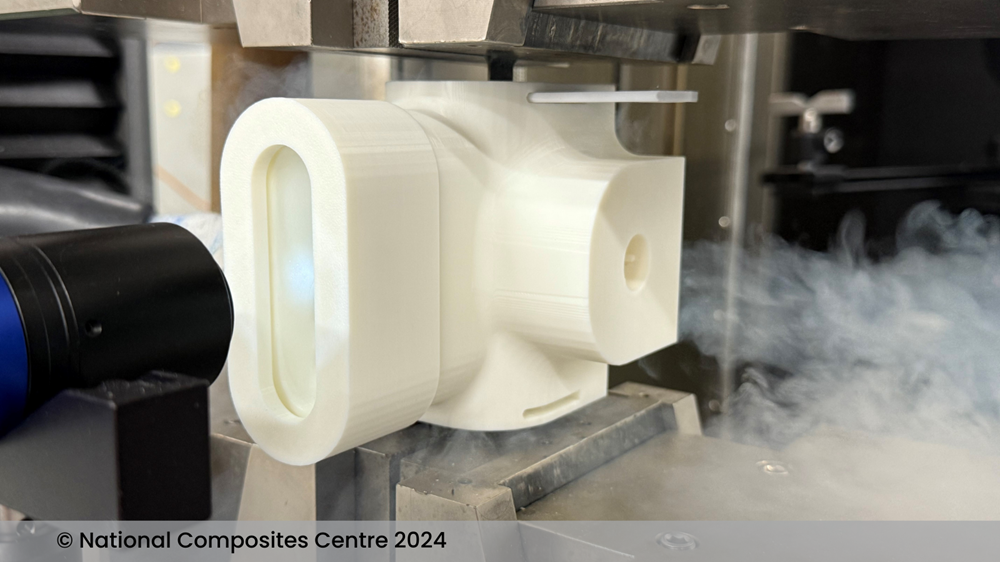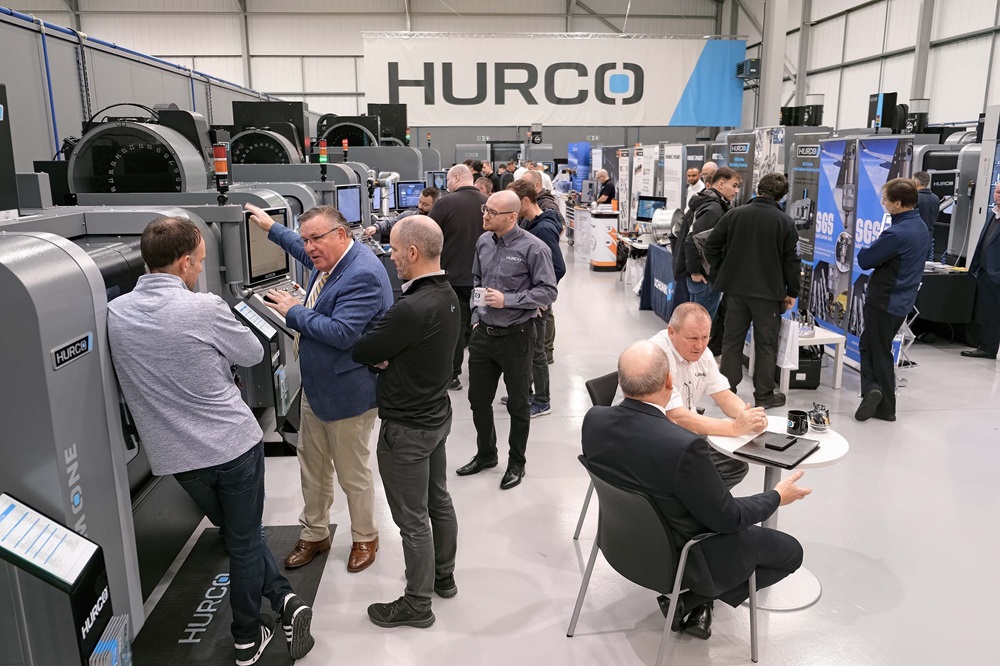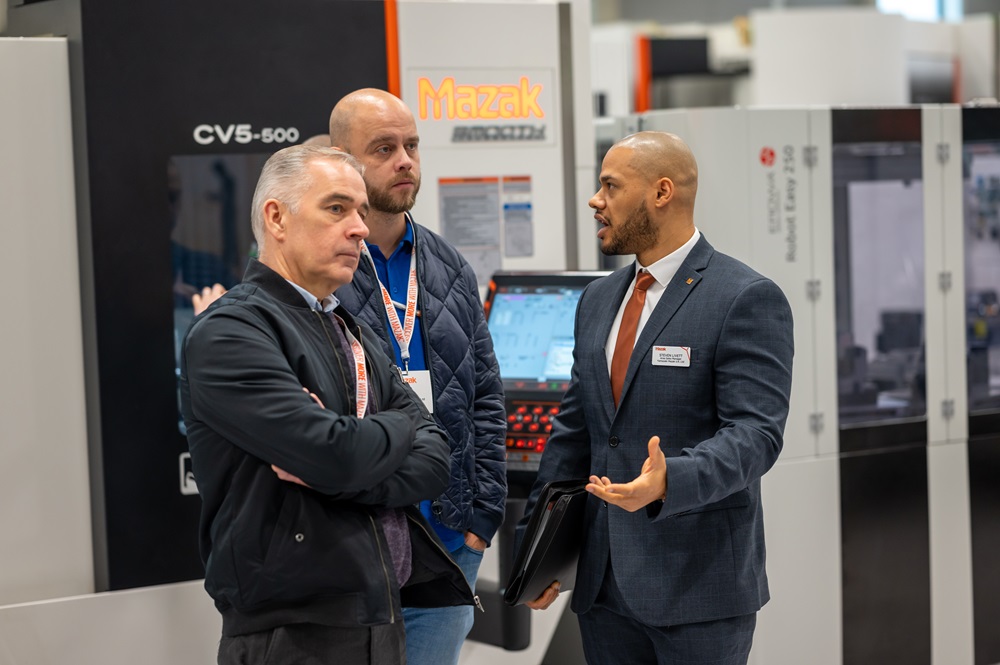The National Composites Centre (NCC) has demonstrated the use of a novel cryostat to screen a wide selection of materials at cryogenic temperatures. The low-cost process highlights the best candidates for detailed material testing using conventional methods.
Multiple cryostats are now available, including microcrack fracture toughness and shear fixtures, with others under development, such as impact. The new 3D-printed cryostat provides the capability to screen cryogenic material properties quickly, while offering insight into failure mechanisms.
More information www.nccuk.com



















